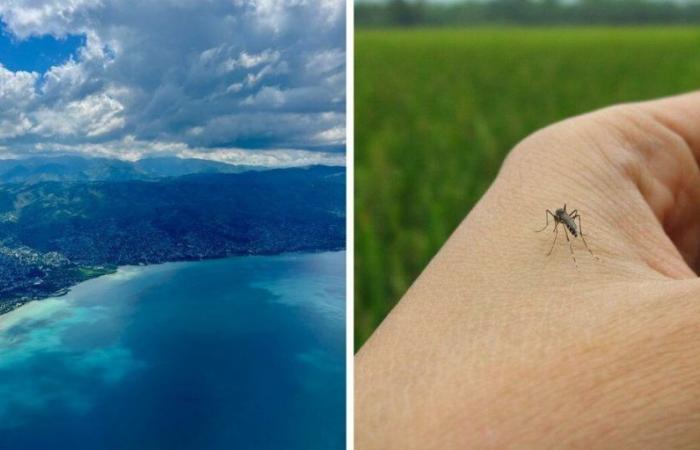If you are planning to leave for your next vacation in the South, know that the Government of Canada has recently issued travel warnings for several tourist destinations popular with the Quebec population. These popular places, coveted for their beautiful beaches, are subject to special recommendations due to illness.
Both before your departure and during your stay, it is important to check whether there are security advisories and measures in effect for each country you plan to visit. High crime rates, political tensions or public health issues, certain situations can seriously disrupt your itinerary and even compromise your safety.
And there is now a new risk that all travel customers must be informed of: that linked to Dengue.
Also read: Travel warnings: Canada warns against these 5 countries due to virus
What you need to know: Indeed, the Government of Canada has updated several travel advisories to include information regarding Dengue fever, which is currently spreading in several countries in the Caribbean and South America.
The Government of Canada explained in a press release updated on October 7 that the disease transmissible to humans, through the bite of a mosquito, is of increasing concern. “Many travel destinations are reporting increasing numbers of dengue cases. Dengue is a risk in tropical and subtropical regions of the world, mainly in urban and semi-urban areas,” we can read on the federal website.
While the level of risk of contracting dengue can change seasonally (i.e. higher during the rainy season) and vary from year to year, it is important to closely monitor the “evolution of the disease at your destination before and during the trip, underlines the Government of Canada.
Here are the 47 countries affected by this virus at the time of publishing these lines (in alphabetical order), several of which are very touristy:
- Afghanistan ;
- Argentine ;
- Bangladesh ;
- Bonaire ;
- Brazil;
- Burkina Faso;
- Cape Verde;
- Colombia;
- Costa Rica;
- Cuba ;
- Curaçao ;
- Ecuador;
- Ethiopia;
- Ghana ;
- Guadeloupe ;
- Guatemala ;
- Guyana;
- French Guiana;
- Honduras ;
- US Virgin Islands;
- Indonesia;
- Jamaica;
- Malaysia;
- Mali ;
- Maurice ;
- Mexico;
- Nepal;
- Nicaragua ;
- Panama ;
- Paraguay ;
- Peru;
- Philippines ;
- French Polynesia;
- Puerto Rico;
- Dominican Republic;
- Saint-Barthélemy;
- Saint-Kitts-et-Nevis ;
- Saint Martin ;
- Saint Vincent and the Grenadines;
- Saint Lucia;
- Senegal;
- Sint Maarten ;
- Sudan;
- Sri Lanka;
- Togo ;
- Trinidad and Tobago;
- Uruguay.
For all of these destinations, the risk level is 1, which means taking certain health precautions, such as avoiding insect bites – particularly with an approved repellent – and washing your hands properly. Please note that there is no vaccine or medication in Canada to prevent dengue fever.
To find out more on the subject: Symptoms of the disease generally appear four to seven days after the mosquito bite and usually last two to seven days.
Note that dengue infection can cause symptoms similar to those of the flu.
In rare cases, the disease can lead to internal bleeding and organ failure. If you’ve had a previous dengue infection, you’re more likely to develop severe dengue fever – but with good medical care, less than 1% of people die from it.






